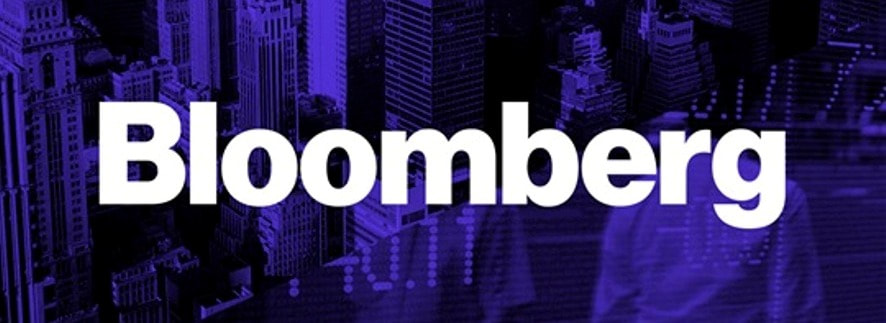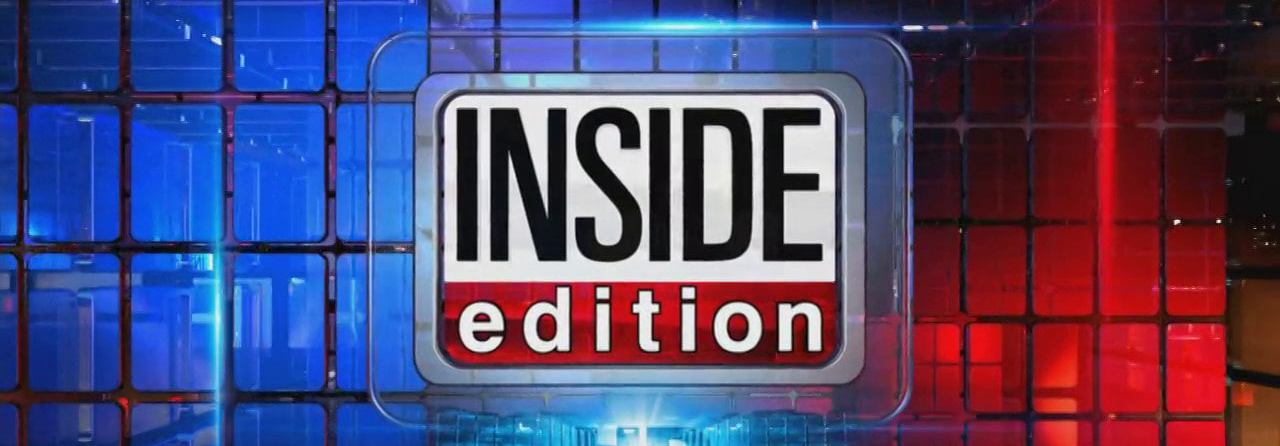|
Chicago-based Psychiatrist, Dr. Fabian Carbonell, Debuts Innovative FDA-Cleared Treatment for Major Depressive Disorder (MDD) and Obsessive-Compulsive Disorder (OCD)
By GlobeNewswire, June 27, 2019 Dr. Carbonell joins practices around the country that have adopted BrainsWay's revolutionary Deep Transcranial Magnetic Stimulation (Deep TMS) therapy for MDD and OCD, providing patients in the Chicago area access to advanced treatment alternativesCHICAGO, June 27, 2019 (GLOBE NEWSWIRE) -
Dr. Fabian Carbonell is the first psychiatrist in Chicago to offer patients with depression and obsessive-compulsive disorder the ability to be treated with BrainsWay's Deep Transcranial Magnetic Stimulation (Deep TMS) therapy. Deep TMS administers magnetic waves through a cushioned helmet to targeted deep structures of the brain that have a large impact on patients' symptoms. The treatment is noninvasive with no systemic side effects and requires no hospitalization or anesthesia, allowing patients to resume normal activities, such as driving, immediately following the session. BrainsWay's depression...Read More New Approach To Depression
BY RONI CARYN RABIN, July 1, 2013 Martha Rhodes experienced her first bout of depression at 13. By her late 50s, she had taken just about every antidepressant there is, including Zoloft, Lexapro and Paxil — which did the trick for many years, but had side effects — then Effexor, Lamictal, Seroquel and Abilify. After a suicide attempt in 2009, she tried something radically different: transcranial magnetic stimulation, or TMS, a treatment in which magnetic pulses are used to stimulate parts of the brain believed to be involved in mood regulation. Unlike electroconvulsive or shock therapy, which is also used to treat stubborn depression, TMS does not generally produce seizures. .....Read More Can Transcranial Magnetic Stimulation Help With Depression?
"Brain zapping" shows promise in helping patients who don’t respond to other treatments. By David Levine, Contributor, Nov. 17, 2017 It'S BEEN CALLED "BRAIN Zapping" and “jumper cables for the mind.” Scientists prefer the more professional-sounding neologism electroceuticals. Whatever you call it, the interest in using electricity to treat certain types of mental disorders, including depression, is growing rapidly. That’s because numerous studies over the past several years show that it works. The National Institute of Mental Health says conservatively that brain stimulation therapies“can play a role in treating certain mental disorders.” Brain stimulation therapies, the NIMH explains, involve activating or inhibiting the brain directly with electricity. Read More 
Deep TMS Beats Standard TMS, Meds for Severe Depression
Batya Swift Yasgur, MA, LSW, July 31, 2019 "Deep" repetitive transcranial magnetic stimulation (rTMS) plus standard antidepressant medication is significantly more effective at reducing depression levels in patients with major depressive disorder (MDD) than standard rTMS or stand-alone pharmacotherapy, new research suggests. In a randomized study, almost 230 participants with treatment-resistant depression (TRD) received either rTMS using an H1-coil (deep rTMS) plus pharmacotherapy, rTMS using a figure-8-coil (standard rTMS) plus pharmacotherapy, or self-standing pharmacotherapy. Read More Transcranial magnetic stimulation (TMS): Hope for stubborn depression
POSTED FEBRUARY 23, 2018, Adam P. Stern, MD, Contributor Depression is the leading cause of disability in the United States among people ages 15 to 44. While there are many effective treatments for depression, first-line approaches such as antidepressants and psychotherapy do not work for everyone. In fact, approximately two-thirds of people with depression don’t get adequate relief from the first antidepressant they try. After two months of treatment, at least some symptoms will remain for these individuals, and each subsequent medication tried is actually less likely to help than the one prior. Read More How magnets “reset” depressed brains
By Amy Ellis Nutt, August 27, 2015 Magnetic pulses from a device applied to the head appear to "reset" the brains of depressed patients, according to a new study from the United Kingdom. The circuitry in a part of the right prefrontal cortex is known to be too active in depressed patients, causing excessive rumination and self absorption and impaired attention. When the TMS was applied to healthy subjects in this study, the activity in that region slowed. Read More To treat depression without drugs, go electromagnetic
By, Hugh Lessig, November 28, 2017 Nicole Aldridge of Hampton tried drug after drug to treat her depression. Two years later, she was still searching for answers. Then the 31-year-old speech therapist opted for a different approach. It involved wearing a cushioned helmet and stimulating a portion of her brain with electromagnetic impulses, a sensation that felt like a persistent tapping. Eight days later, she said, the fog began to lift. Read More Silicon Valley TMS Now Offering Cutting Edge Mental Health Technology for Obsessive-Compulsive Disorder (OCD) in Northern California - Deep Transcranial Magnetic Stimulation (Deep TMS) therapy poised to make an impact for patients living with OCD as facility expands its treatment options
/EIN News/ -- SAN JOSE, Calif., March 05, 2019 (GLOBE NEWSWIRE) Silicon Valley TMS, an integrated, multidisciplinary private practice group providing a full range of outpatient mental health and chemical dependency services, today announced that it will be one of the first practices in Northern California to offer its patients access to BrainsWay’s Deep Transcranial Magnetic Stimulation (Deep TMS) therapy for Obsessive-Compulsive Disorder (OCD). Silicon Valley TMS currently utilizes Deep TMS for patients living with depression in its San Jose, Pleasanton, Santa Cruz, San Francisco and Mountain View practices. Read More 
Groundbreaking Study Demonstrates Advantages of BrainsWay Deep TMS in Treating Major Depressive Disorder
July 18, 2019 07:00 ET | Source: BrainsWay Ltd. JERUSALEM, Israel and HACKENSACK, N.J., , July 18, 2019 (GLOBE NEWSWIRE) -- BrainsWay Ltd. (NASDAQ: BWAY, TASE: BWAY), a global leader in the advanced non-invasive treatment of brain disorders, today announced the publication of a third-party study which demonstrated that Deep Transcranial Magnetic Stimulation (dTMS) plus standard medication was significantly more effective at reducing depression levels among Major Depressive Disorder (MDD) patients compared with standard medication alone. Read More She Tried to Medically Treat Her Depression for Years to No Avail. Then She Learned About a Special Helmet
By CAITLIN NOLAN. May 27, 2019 The helmet was heavy, but its weight no longer surprised Juliette DePalo. She had come to expect the pressure on her head during the treatments, and the loud tap-tap-tap on her skull that followed.
It lasted 20 minutes, but by the time she completed a week’s worth of sessions, the change in Juliette would last far longer. “It’s not scary,” Juliette, 21, said of the treatments. “It’s about [creating] a normal, functioning life for me.” Read More |







